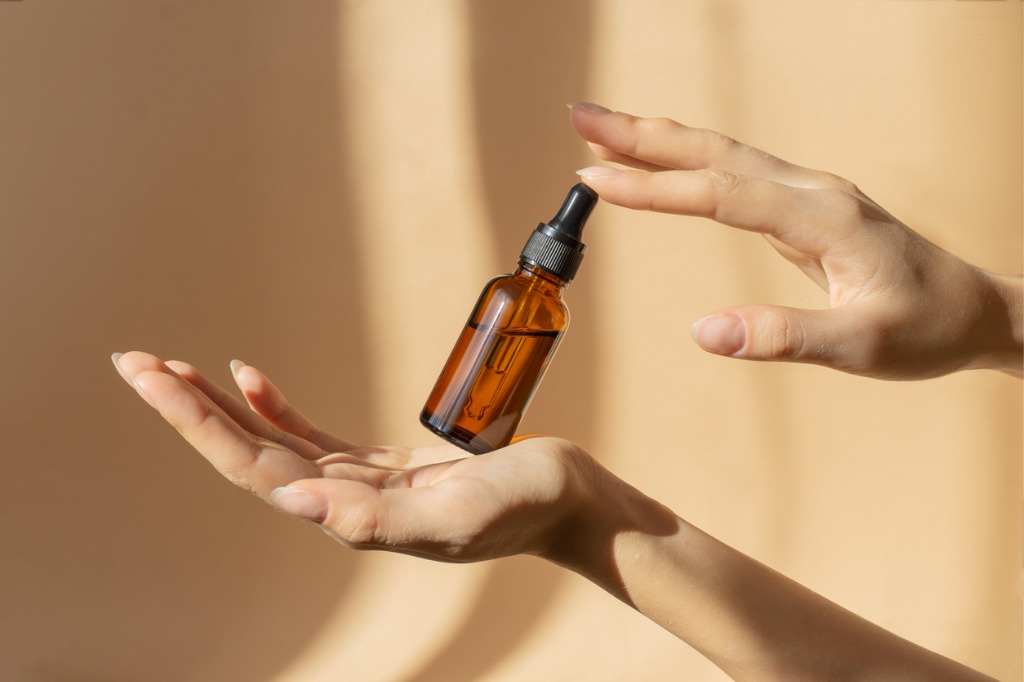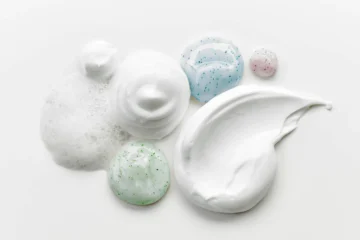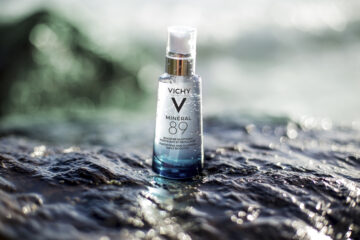In the quest for flawless skin, serums have become the secret weapon for beauty enthusiasts and skincare newbies alike. Their potent formulations deliver a concentrated dose of active ingredients, making them essential for addressing specific skin concerns. But with so many options available, how do you choose the right one for your needs? This guide will help you understand the world of serums and make an informed decision.
Why Serums are Essential in Your Skincare Routine
Serums have revolutionized skincare routines by offering targeted treatment solutions. Unlike moisturizers that primarily focus on hydrating the skin, serums are designed to penetrate deeper layers of the skin. This allows for a more potent and effective delivery of active ingredients, addressing issues such as wrinkles, acne, and dryness more efficiently. For skincare enthusiasts and dermatology patients, incorporating serums into daily routines can lead to noticeable improvements in skin health and appearance.
Understanding the Different Types of Serums
The skincare market offers a plethora of serums, each tailored to specific skin concerns. It’s essential to understand the different types available to make an informed choice.
Hydrating Serums
Hydrating serums are formulated to provide an intense moisture boost to the skin. They typically contain ingredients like hyaluronic acid, which can hold up to 1,000 times its weight in water. This makes them perfect for individuals with dry or dehydrated skin.
Anti-Aging Serums
Anti-aging serums are designed to combat signs of aging such as fine lines and wrinkles. They often contain ingredients like retinol, peptides, and antioxidants. These components work together to stimulate collagen production and improve skin elasticity.
Acne-Fighting Serums
Acne-fighting serums target blemishes and prevent future breakouts. Key ingredients in these serums include salicylic acid, benzoyl peroxide, and tea tree oil. They help to unclog pores, reduce inflammation, and kill acne-causing bacteria.
Choosing the Right Serum for Your Skin Concerns
Selecting the best serum for your skin type and concerns is crucial for achieving optimal results. Here’s a quick guide to help you make the right choice.
For Anti-Aging
If your primary concern is aging, look for serums that contain retinol or peptides. These ingredients are known for their ability to reduce the appearance of fine lines and wrinkles. Additionally, antioxidants like vitamin C can help protect your skin from environmental damage.
For Hydration
For those struggling with dry or dehydrated skin, a serum containing hyaluronic acid is a must. This ingredient attracts moisture to the skin, providing long-lasting hydration. Glycerin and ceramides are also excellent choices for enhancing the skin’s moisture barrier.
For Acne-Prone Skin
Acne-prone individuals should opt for serums with salicylic acid or benzoyl peroxide. These ingredients help to clear out clogged pores and reduce acne-causing bacteria. Niacinamide is another beneficial ingredient, as it helps to reduce inflammation and redness.
The Key Ingredients to Look for in Serums
Understanding the ingredients in your serum can make a significant difference in its effectiveness. Here are some essential components to consider.
Hyaluronic Acid
Hyaluronic acid is a powerful hydrating ingredient that can hold a large amount of moisture. It’s ideal for all skin types, particularly dry or dehydrated skin.
Retinol
Retinol, a derivative of vitamin A, is renowned for its anti-aging benefits. It promotes cell turnover, reduces wrinkles, and improves skin texture.
Vitamin C
Vitamin C is a potent antioxidant that brightens the skin and reduces the appearance of dark spots. It also helps to protect the skin from environmental damage.
Incorporating Serums into Your Daily Skincare Regimen
To get the most out of your serum, it’s essential to use it correctly within your skincare routine. Here are some tips for effectively incorporating serums into your regimen.
Step-by-Step Guide
- Cleanse your face thoroughly to remove any dirt and makeup.
- Tone your skin to balance its pH levels.
- Apply a few drops of serum to your face and neck, gently patting it in with your fingertips.
- Moisturize to lock in the serum and keep your skin hydrated.
Frequency of Use
The frequency of serum application depends on the specific product and your skin type. Some serums can be used daily, while others may be best suited for use a few times a week. Always follow the instructions provided on the product label.
Pairing with Other Skincare Products
Ensure that your serum is compatible with other products in your routine. For example, if you’re using a retinol serum, avoid combining it with other potent active ingredients like vitamin C or exfoliating acids to prevent irritation.
Real-Life Testimonials and Before-After Results
Hearing about other people’s experiences can be incredibly reassuring and informative. Here are some real-life testimonials and before-after results from individuals who have incorporated serums into their skincare routines.
Testimonial 1: Sarah’s Journey with Anti-Aging Serums
“After using an anti-aging serum with retinol for three months, I’ve noticed a significant reduction in my fine lines and wrinkles. My skin feels firmer and looks more youthful.”
Testimonial 2: Emily’s Hydration Boost
“I struggled with dry skin for years until I discovered a hyaluronic acid serum. My skin is now plump and hydrated, and I no longer experience flakiness.”
Testimonial 3: Jake’s Acne Transformation
“Using an acne-fighting serum with salicylic acid has completely transformed my skin. My breakouts are less frequent, and my complexion is much clearer.”
Recommendations for Organic and Natural Serums
For those who prefer organic and natural products, there are plenty of high-quality serums available. Here are some top recommendations.
Botanical Beauty Serum
This serum is packed with natural ingredients like aloe vera, chamomile, and green tea extract. It’s perfect for soothing and hydrating the skin.
Organic Rosehip Oil
Rosehip oil is rich in essential fatty acids and vitamins A and C. It helps to reduce the appearance of scars and pigmentation, making it ideal for all skin types.
Natural Vitamin C Serum
This serum combines the power of vitamin C with other natural ingredients like hyaluronic acid and jojoba oil. It brightens the skin and provides antioxidant protection.
The Impact of Choosing the Right Serum for Long-Term Skin Health
Selecting the right serum can have a profound impact on your skin’s health and appearance in the long run. Here are some benefits you can expect.
Improved Skin Texture
Regular use of the appropriate serum can lead to smoother, more even skin texture. Ingredients like retinol and peptides promote cell turnover, reducing roughness and unevenness.
Enhanced Hydration
Hydrating serums help to maintain the skin’s moisture balance, preventing dryness and flakiness. This results in a more supple and youthful-looking complexion.
Reduced Signs of Aging
Anti-aging serums with ingredients like retinol and antioxidants can significantly reduce the appearance of fine lines and wrinkles, keeping your skin looking youthful and radiant.
Share Your Serum Journey with Us
We hope this guide has provided you with valuable insights into the world of serums and how to choose the right one for your skin concerns. We would love to hear about your experiences with serums. Share your stories and favorite products with us, and let’s continue the conversation on achieving healthy, glowing skin together.
Remember, the right serum can make all the difference. Whether you’re aiming to hydrate, fight acne, or turn back the clock on aging, there’s a serum out there to help you achieve your skin goals. Happy serum hunting!
By following these tips and selecting the right serum, you’ll be well on your way to healthier, more radiant skin. Don’t forget to share your serum success stories with us—we’d love to hear from you!





